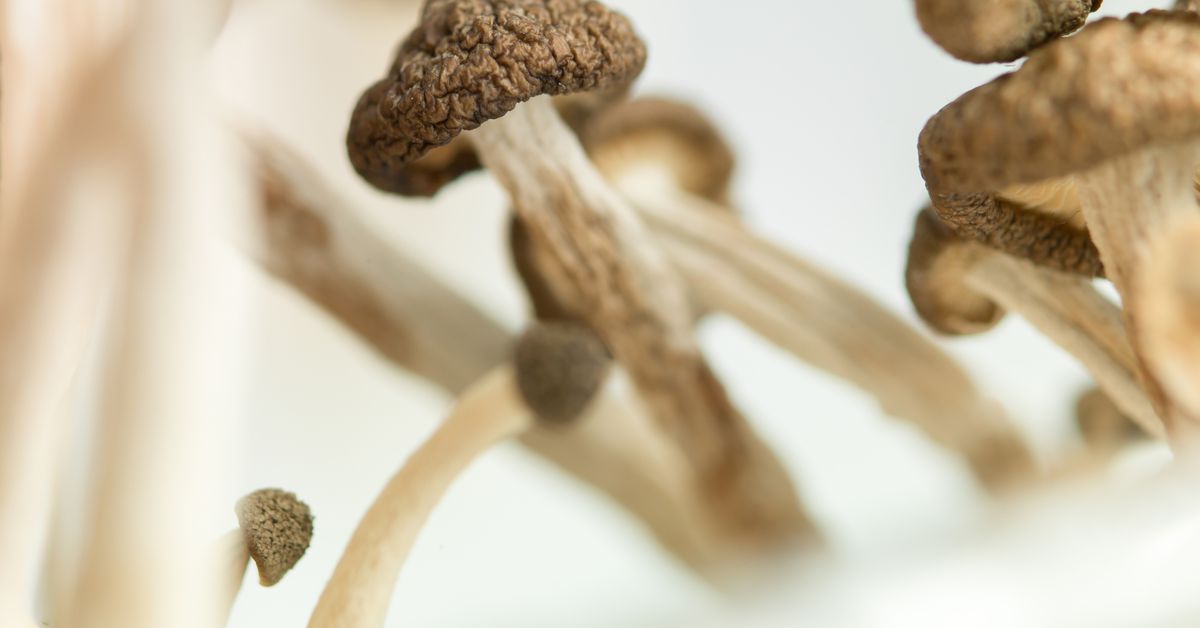Psilocybin is derived from distinct species of fresh mushrooms known as magic or hallucinogenic mushrooms. Chemically, psilocybin is classified as a tryptamine and causes the hallucinogenic effect to humans on action to serotonin receptors of the central nervous system. Unlike other psychoactive drugs, Psilocybin is associated with low toxicity and relatively low potential for harm when consumed.
Although studies are still being undertaken to confirm the feasibility and safety of using Psilocybin as a therapeutic agent, a good number of this compound’s medical uses are known.
Mental Health Treatment
Several studies have already shown that Psilocybin is a powerful cure for mind related conditions such as stress, depression, obsessive-compulsive disorder, and anxiety. The argument behind the reversal of all these conditions using Psilocybin is the ‘reset’ of the mind it causes on consumption.
Treatment of Substance Use Disorders
We all know that addiction, drugs, and substance dependence have been a major menace, especially for the young population. Double-blind trials done on people with substance use disorders have shown that Psilocybin reduces the risk of using illegal drugs. This compound has chiefly been associated with the alleviation of alcohol, tobacco, and opium dependence.

Reduces Cancer- Related Anxiety and Depression
Cancer is one of the illnesses with a hard diagnosis, and hence there is a need to help cancer patients cope with post-treatment anxiety and depression. As mentioned above, Psilocybin has a high affinity for serotonin receptors, and this has an effect of reducing these mind to body effects. While this may seem like a short-term treatment for post-cancer treatment disorders, general health improvement causes patients to live through.
Anti-Inflammatory
Previous research has shown that microdoses of Psilocybin can help reduce inflammation. Psilocybin and other psychedelics’ anti-inflammatory effect is related to their ability to modulate mechanisms that cause chronic-mild inflammations. This effect has made it possible for Psilocybin to be used as a therapeutic agent for atherosclerosis, retinal disease, and asthma.
As further studies, clinical trials and efficacy tests resume determining other medicinal uses of Psilocybin. We should harness what is already known about this compound. From the uses above, it is clear that Psilocybin can change the general well-being of humans favorably. With the versatility that this compound has already shown, it is clear that its future in the medical field is promising.…

